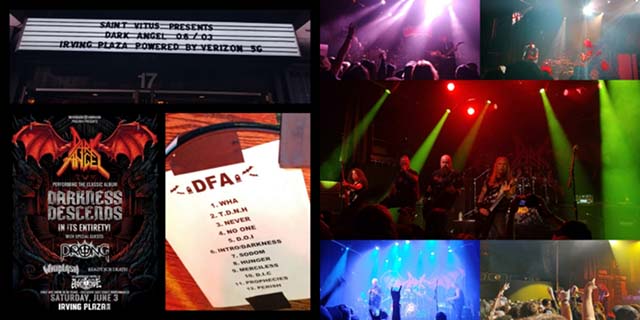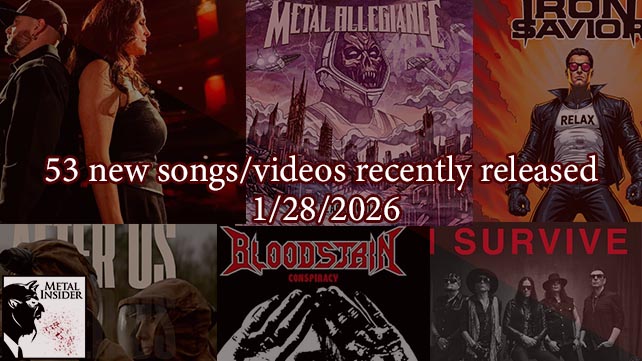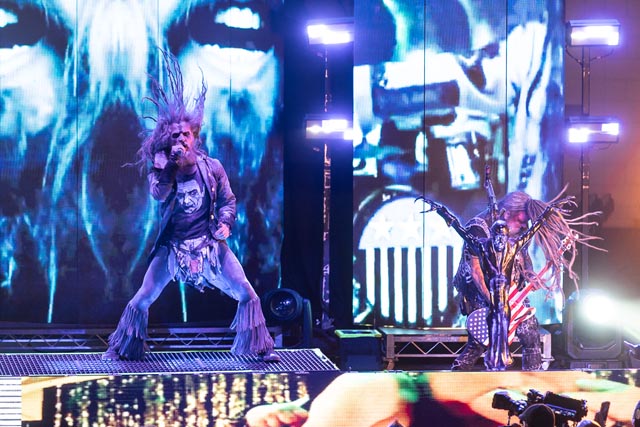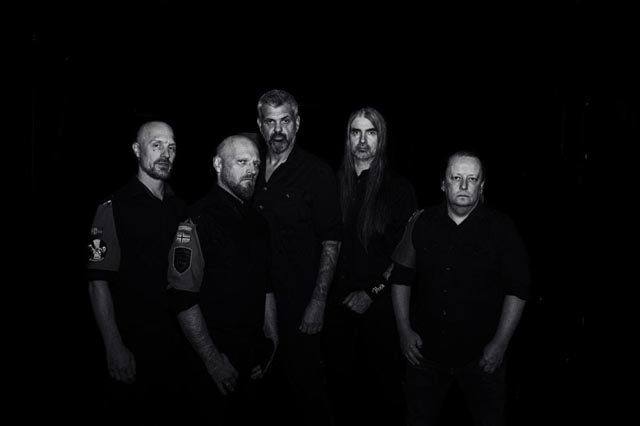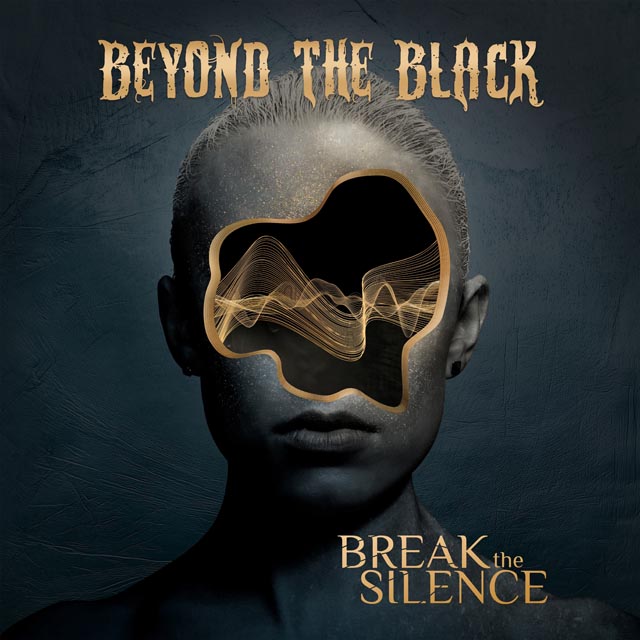One of the preeminent East Coast thrash bands, Whiplash has created an amazing legacy for themselves, specifically with their first three albums, Power and Pain (1985), Ticket To Mayhem (1987), and Insult To Injury (1989). We had a chance to sit down with guitarist/vocalist and original member, Tony Portaro on the eve of their headlining slot at the Death To False Metal Festival to discuss some metal history and all things Whiplash.
This is the 30th Anniversary of the Power and Pain record this year. Let’s start there. How does it feel to be an influential part of the metal world as you guys have been.
You know, when we first came out with Power and Pain we never realized the impact it was going to have on the thrash metal scene until like 10 years later. We were just doing what we wanted to do, writing the music, putting out that album and Ticket To Mayhem, and then Insult To Injury. We never realized how popular and influential Power and Pain was. Even after we came out with Ticket To Mayhem and Insult To Injury they didn’t have the same impact that Power and Pain had. A major part of that was just the timing. When thrash started in like ’82 out on the West Coast we picked up on it pretty fast. (Original Whiplash drummer Tony) Scaglione was really into this scene. He was knowledgeable of everything that was going on at the time and when we heard that thrash metal music, and that energy and aggression that’s definitely the direction we were heading in. Our first show was out at Ruthie’s Inn in Oakland, California. Cliff Burton, and Exodus were there at the show. We headlined and we played with Possessed and they let us use their back line. It was really awesome. The day before the show we were hanging out with Possessed watching videos of their live show and the crowd was going berserk. I’m mean you’ve never seen anything like it before. It was really, really cool. Once we got back to the East Coast we realized that was a major influence on us, all the San Francisco Bay Area thrash bands from that area and L.A. I think what made us different was the fact that I went to Berklee College of Music in Boston and I had a good theoretical background and then on top of that we had an East Coast style so it was sort of blended in with my musical knowledge and the West Coast style so it kind of separated us from everybody and gave us our own distinct sound.
That’s an interesting point, let’s talk about that for a second. It’s not hip-hop but the whole West Coast vs. East Coast vibe. A lot of people when you say thrash metal immediately think West Coast, they think Bay Area. But the East Coast thrash scene – Whiplash, Anthrax, Overkill, Carnivore, a ton of other great acts – I think had just as much importance and influence on the rest of the U.S. as far as thrash is concerned. Was there ever sort of a friendly competition between East and West Coast as time moved on?
I think more so East Coast and West Coast, yeah, but at the time the East Coast scene seemed like a battle for who was going to be the most popular. It changed over the course of the years. I mean, right now it’s like totally opposite of that. Now we do shows around here and we share equipment and promote each others shows and everything. My woman and I go to every single metal show in this area just to support the people and the bands that we know. It’s the unity now and it was never like that years ago. It was like ‘my band is bigger than your band’ and it was a battle. But it changed over the years.
You mentioned earlier that your first three records all came out on Roadrunner. Roadrunner was one of, if not the, premiere metal label in the world at the time. In a nutshell what was it like being on Roadrunner?
It wasn’t bad. They gave us some huge recording budgets to work with and we were also on the label at the time with Carnivore and Mercyful Fate. They didn’t really give us a lot of tour support but the money they gave us to record with was pretty exceptional at the time and we used it all for the recordings and we’re happy about that. Nowadays I have my own studio and I went to NYU for audio production so I can do it for so much less money now. I do about 80% of all the recordings right here at my own studio.
We’ve been talking a lot about the history of Whiplash so looking both backwards and forward to today how do you see thrash metal today vs. that first wave of American thrash metal that you guys were a part of?
I think it was more raw back in the mid and late ’80s and now it’s getting more technical. For example you see a lot more sweep picking in the leads and stuff. But there are a lot of young, up-and-coming bands even just from this area with so much technical ability and energy on stage. It’s almost like you don’t know which member of the band to watch when they’re on stage. It’s great.
Whiplash has toured the world many times over and you’ve been on some major tours and festivals on multiple continents. Throughout the years how have you viewed the reception of Whiplash here in the U.S. as opposed to, say, over in Europe?
It’s more of a territorial thing. In Europe and South America the music is really popular. Over here on mainstream radio you’ll never hear Whiplash or any thrash band. But out there it’s mainstream and when you’re playing a show out there everyone goes berserk. When we played in Chile, after the show, the place cleared out and we were walking with the promoter through the main part of the venue to the entrance to leave and I look on the ground and I was like, “what is all that?” We looked closer and it was clumps of hair. They rip each others hair out in the mosh pit. It was insane. I took pictures. I have pictures of these clumps of hair all over the floor of the venue. In the States I see some of that happening but it’s smaller pockets of metal. You know, the Midwest you’ll see Chicago and Wisconsin. You got L.A., San Francisco, down in Texas. But it’s obviously not as widespread as it is in South America and in Europe. It’s just a whole blanket of metal out there, which is really cool.
Obviously you’re the lone original member left in Whiplash but you’ve got some killer players that have been playing now with you for awhile. The first two records you did vocals on then there was the decision to switch over and bring in a vocalist for Insult To Injury. So what was behind the decision to first bring in outside vocalists and then come back to doing vocals more recently.
Well it started way before that. When I met Tony Scaglione it was through a college radio station here in Jersey. The DJ knew both of our bands. He was in a band called Jackhammer and I was in a band called Toxin and I think the DJ really seeing the talent Scaglione had and I had, he introduced us and then I went to go see them at their rehearsal space and they were rehearsing and they didn’t have a singer. I liked what they were doing and there was a mic set up with a PA so I just grabbed it and started singing. I don’t consider myself a singer. I was never a singer. But they sounded pretty good and they liked it. They called me back two weeks later and asked me to join the band. Then it ended up that Scaglione and I decided to get really serious and we ended up cleaning house and brought (bassist) Tony Bono in and started calling ourselves Whiplash. We got the name Whiplash from the Metallica song. We were just searching through album after album looking at song titles and when we hit Whiplash we were like, ‘o.k. let’s do it.’ We stuck with that and then I sang on a couple demo tapes because when we brought in a singer no one could really sing the stuff that I heard in my head. I always hated my voice. I still do. But we got really good reviews and we didn’t end up finding someone in enough time for Power and Pain so I ended up doing it after we got the record deal. After time we ended up getting singers, we went through three different singers and it seemed after that point that we realized that Power and Pain is really what people wanted the most – they wanted the three-piece power trio and they wanted my vocals. So I decided to give them what they wanted. I don’t think I’m a very good singer at all but I know how to scream pretty good so that’s what I do and it’s been working.
Let’s talk about the future of Whiplash. You mentioned the studio and I hear there’s new material you guys are recording. So what’s the future hold for Whiplash and when can we get a new recording out of you guys?
We have five songs finished, mixed – brand new songs and we re-did “Burning of Atlanta” and “Walk the Plank.” “Burning of Atlanta” was in a movie recently called Hellion. The movie opens up with the song and these kids setting fire to this guy’s truck. It’s pretty wicked. We’ve also got some more shows coming up. We’ve got a booking agency in Europe and we have some label interest. It looks like a lot of these record companies want a full album though so it looks like I’ll be heading back into the studio to bang out another three or four songs. I’m hoping to have something out really soon. We actually had a photo shoot for the cover last night so we’re getting closer and closer but it seems like it’s still baby steps right now. I don’t see anything being out until maybe the end of the year and then if the timing isn’t right, who knows. Maybe we get it out sooner.
Whiplash headlines the first night of the Metal Insider sponsored Death To False Metal Festival on Friday, August 14 at the Outer Space and Ballroom in Hamden , CT.





